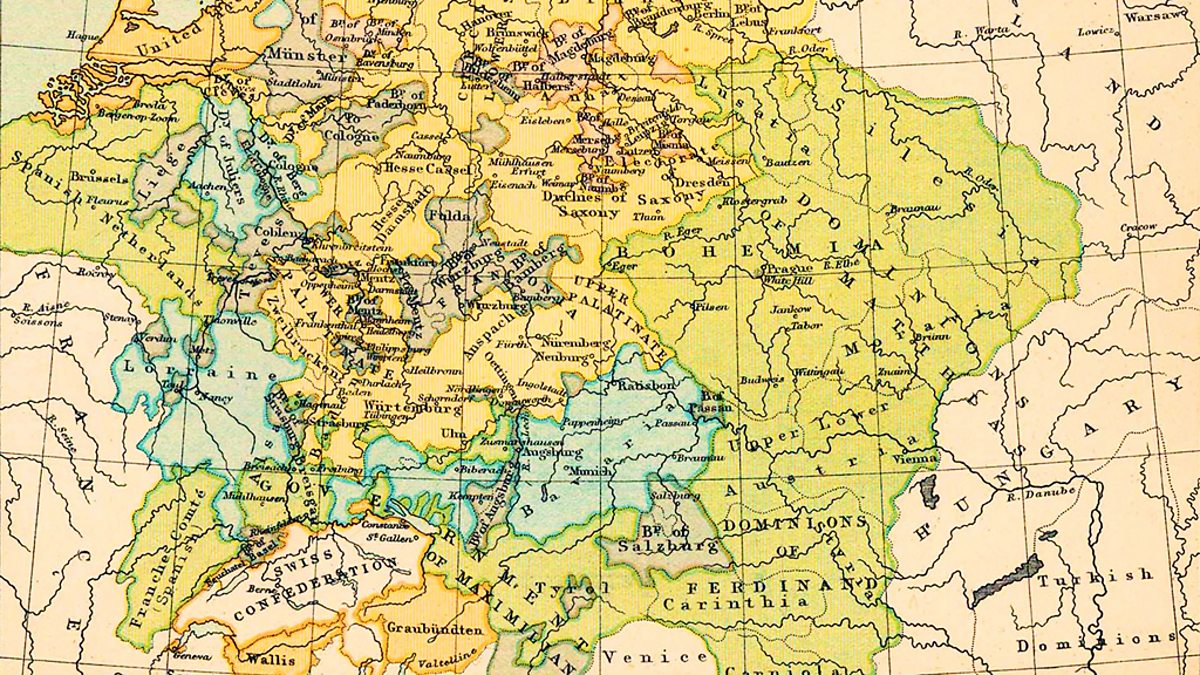Originally posted by ferneyhoughgeliebte
View Post
Re your earlier comment about the Austrians, ferney, I think, on reflection, I might have to mainly disagree. While it is true that the period 1875-1885 included the births of Kreisler, Shrecker, Webern and Berg, all arguably noteworthy, and Schoenberg was born just one year earlier in 1874, the only significant composer born after 1885 and no later than 1925 was Krenek who was born as early as 1900. In fact, you will be hard pushed to find more than a tiny handful of Austrian composers, major or minor, born between 1901 and 1925. Very far from most of this was because of Nazi atrocities. A hiatus predated those.
So, I think I return to my point that there was something of a cultural vacuum, at least in breadth, in Germany and Austria, which ultimately gave the Nazis an easier ride when it came to spinning music for their own aims. Contrast with Britain and France; even US and Russia? I am surprised myself by the facts involved here which are reluctantly leading me to this conclusion but I guess WW1 took its toll and in Weimar etc the emphasis was on fringe fun as a means of escapism rather than serious pursuits like classical music? That might partially account for it but where were Germany and Austria's WW1 composers?





Comment